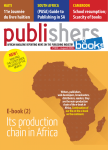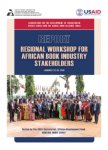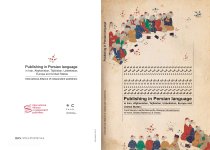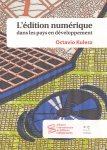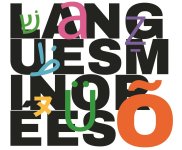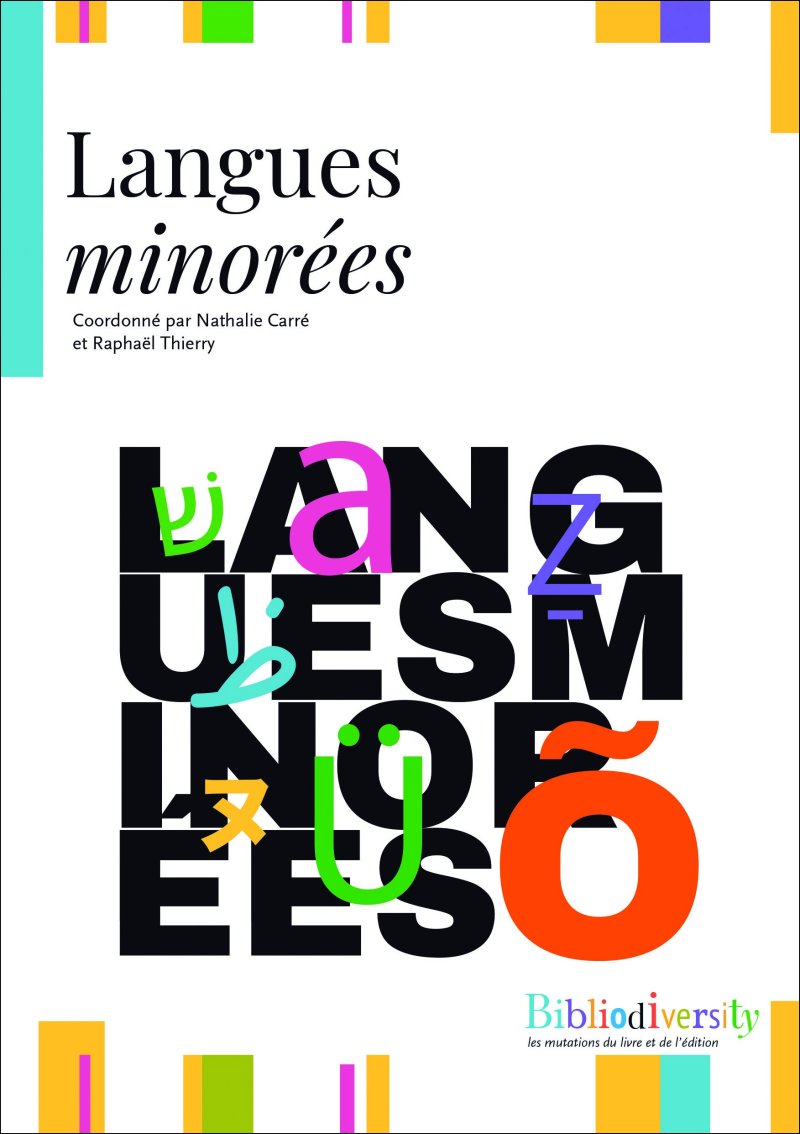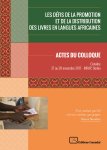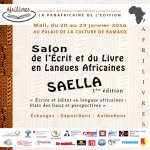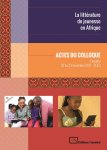Abstract:
In terms of languages, markets and labels, African publishing represents a field of constant discourse. It also continually questions not just the way we look at books, but also our relationship with them and with the international publishing industry. The time has long passed when the leading discourse on publishing in Africa was devoted primarily to a “book famine” related to the African economic crisis of the 1980s. Over the past three decades, the African book market has done nothing but grow on the continent, diversifying its increasingly dense and transnational production through the circulation of books and of publishing information. Nonetheless, quite often African publishing is presented in terms of the difficulties faced by its stakeholders, rather than those stakeholders’ agency, their capacity to develop their markets. Indeed, history has shown that the African publishing industry is a mirror of the globalisation of publishing and of its economic flux. That being the case, the economic challenges that one can observe in the African industry is thus a reflection of the imbalances, alternatives – also margins – of a world of books that is increasingly concentrated. In this sense, African publishing invites a two-fold interrogation: in Africa it must advocate a cultural and economic legitimacy within evolving socio-political situations and an outward-looking educational market. Internationally, it must position itself in terms of non-African publishing of literature and non-fiction that makes up the majority of African intellectual production in the world. By examining the discourse around African books, African publishers’ discourse, and the evolution of African books in French since the 1980’s, this article aims to question the relationship between the book industry in Africa and the globalisation of books phenomenon in order to bring to light a network of exchanges, tensions, and influences that turns the African book market into a veritable “glocal” space.
Read the article here (in French).
Thierry, R. (2019). Les éditeurs d’Afrique francophone sur l’échiquier du « glocal »
(1980-2019). Mémoires du livre / Studies in Book Culture, 10 (2).
https://doi.org/10.7202/1060972ar
















